
The AIgorythm project

Playwright and actor
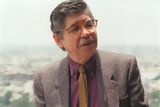
Novelist

Writer and poet

Volleyball player

Italian-Peruvian naturalist and geographer

Singer and percussionist

Last Inca emperor

Politician, former prime Minister

Journalist and TV host
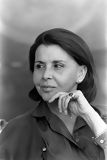
Poet

Inca warrior

Actor and comedian

Biophysicist

Poet

Doctor and researcher

Businessman, Interbank group

Journalist and writer
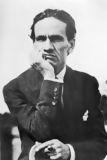
Poet and writer
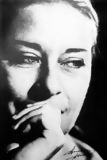
Singer and songwriter
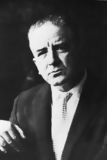
Writer

Film director, Berlin Golden Bear winner

Football player
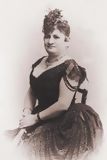
Writer and journalist
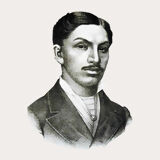
Doctor and scientist

Photograph

Chess player

Industrialist
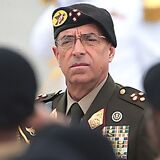
Former general

Specialist in public health

Actress and singer

Afro-Peruvian music singer

Mathematician and engineer

Indigenous chronicler

Neurologist and anthropologist

Painter

Football player
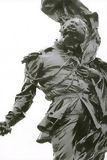
National hero, military leader

Intellectual and reformer

Chef and entrepreneur

Fashion designer

Singer-songwriter

TV presenter

Marathon runner

Indigenous Peruvian chronicler

Theologian

Former national team captain

Economist and former health minister

Inca princess

Writer and television host

Folk musician

Poet and guerrilla
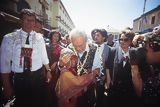
Former UN secretary-general

Chef, known for fusion cuisine

Football player

Peruvian aviation pioneer

Poet and artist
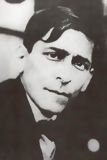
Marxist philosopher and writer

Industrialist and businessman
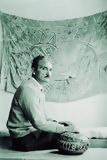
Novelist and ethnologist

Painter and muralist

Opera tenor

Fashion designer

Cardinal of Lima

Peruvian tennis player

Football coach

Leader of the indigenous rebellion
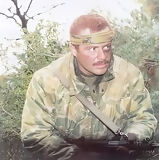
Military hero

Latin singer
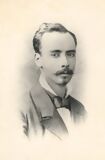
War of the Pacific hero

The youngest mother in history

Politician
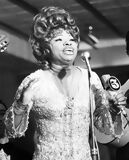
Creole music singer

Tennis player
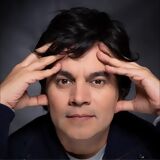
Musician

Writer and politician

Politician and founder of the Christian Democratic Party

Founder of Sodalitium Christianae Vitae

Archaeologist and anthropologist
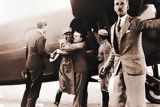
Military leader and politician

Television host
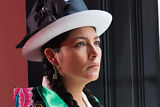
Actress and singer

Contemporary sculptor
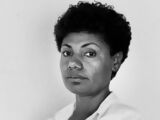
Women’s rights activist

Beauty queen

Astrophysicist

Heroine of independence

Mathematician and archaeologist

Historian and anthropologist
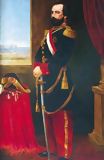
Military figure and historical figure

Fashion photographer
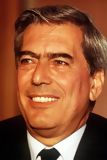
Writer, Nobel Prize in Literature, Politician

Revolutionary leader
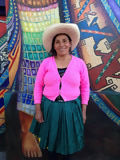
Environmental activist

Leader of the indigenous rebellion

Musician from Gaia band
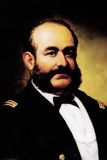
War hero
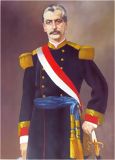
Military leader and politician

Chef, known for Nikkei cuisine

Volleyball coach and former player

Environmental activist

Television personality

Writer

Football player

Epidemiologist and former health Minister

Inventor and aerospace pioneer

Soldier and inventor

Rock singer

Chef and co-owner of Central restaurant

Painter

Football player

TV presenter and actress
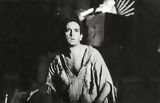
Actor
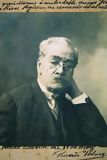
Writer and historian

Journalist and lawyer

Archaeologist, founder of Caral site
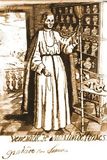
Monk and Saint
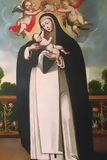
Saint, patron of Latin America

Physicist and engineer

World champion surfer

Actress

Oncologist
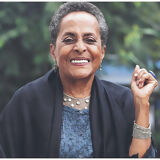
Singer, Latin Grammy winner

Former mayor of Lima

Singer

Actress

Former football player

Painter
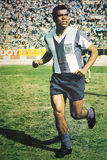
Former football player

Painter

Inca leader

Archbishop, saint
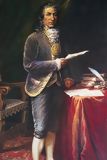
Leader of the indigenous rebellion

Revolutionary indigenous leader

Diplomat and intellectual

Sculptor and painter
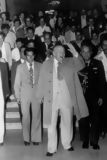
Political leader, founder of APRA

Lawyer and Former prime minister

Chef of Central restaurant
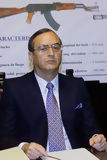
Former head of secret services

Popular singer

Fashion designer

Exotic music singer
Oswaldo Reynoso, born on April 10, 1931, in Arequipa and passed away on May 24, 2016, in Lima, is considered one of the most important writers in contemporary Peruvian literature. His work, marked by an innovative approach to social realism and a bold exploration of themes such as identity, youth, and marginalization, made him a central figure in Latin American literature. Known for his direct and poetic style, Reynoso captured the challenges and aspirations of working-class Peruvian youth with a unique sensitivity.
Oswaldo Reynoso was born in Arequipa, in southern Peru, where he grew up in a modest environment. After completing his secondary education, he studied literature at the National University of San Agustín, and later at the National University of San Marcos in Lima. In Lima, Reynoso became involved in literary circles and connected with other renowned Peruvian writers such as José María Arguedas. Reynoso taught for many years at various educational institutions in Peru, including the prestigious Guadalupe College in Lima, while continuing his prolific literary career.
One of Oswaldo Reynoso’s most emblematic books is « Los inocentes » (1961), a collection of stories centered on a group of marginalized teenagers from the working-class neighborhoods of Lima. This book, now a classic of Peruvian literature, is often compared to James Joyce’s work for its innovative narrative style and use of colloquial language. Through the eyes of these young people, Reynoso explores violence, sexuality, and the search for identity in a challenging urban environment.
Reynoso dared to portray the harsh realities of life in Lima’s poor neighborhoods, addressing themes such as crime, drugs, and social marginalization, while capturing the innocence and fragility of youth. « Los inocentes » was praised for its bold realism, but it also generated controversy due to its explicit language and raw depictions.
Reynoso never hesitated to engage in the social and political debates of his time. Throughout his life, he championed the rights of marginalized groups, particularly young people, LGBTQ individuals, and workers. His writing often reflects a critique of the power structures that keep these groups on the periphery of society. He also opposed the conservative social norms that dominated Peru during the 1960s and 1970s.
Through his work, Reynoso sought to give a voice to the invisible, to those rarely represented in traditional Peruvian literature. He also advocated for literature to be used as a tool for social transformation, firmly believing that fiction could awaken consciousness and inspire change.
After the success of « Los inocentes », Reynoso continued exploring the social realities of Peru with works such as « El escarabajo y el hombre » (1970) and « En octubre no hay milagros » (1965), a novel that delves deeper into the themes of alienation and despair among Lima’s working-class. The latter book, written in a poetic and symbolic style, reinforced Reynoso’s reputation as an engaged writer, capable of capturing the complex realities of Peruvian life with remarkable psychological and emotional depth.
In addition to his literary output, Reynoso also worked as an editor and mentor to young Peruvian writers. His influence on the next generation of Latin American authors is undeniable, and he is often cited as an inspiration for writers seeking to depict urban life and the struggles of youth in contexts of poverty and social exclusion.
Oswaldo Reynoso remained true to his ideals throughout his life. Despite the criticism and controversies sparked by his work, he continued to write about issues he deemed essential to Peruvian society. As both a writer and a teacher, he encouraged intellectual independence and creativity among his students and readers, advocating for a literary approach that was both accessible and meaningful.
He also resisted commercial pressures, often choosing to publish his books with independent publishers rather than seeking mainstream success. Reynoso always prioritized artistic integrity over popularity, believing that literature should be an honest and critical reflection of social reality.
Upon his death in 2016, Oswaldo Reynoso left behind a literary legacy that continues to influence writers and readers in Peru and across Latin America. His work is taught in schools and universities, and his books are regularly reissued. He is recognized as one of the most important authors in contemporary Peruvian literature, and his commitment to social justice and equality remains an inspiration to many.
Reynoso made a profound mark on Latin American literature with his ability to portray urban Peruvian life with rare precision and empathy. He captured the hopes and disillusionments of youth while addressing social and political issues that still resonate today. As a literary and intellectual figure, Oswaldo Reynoso continues to occupy a central place in Peru’s cultural history.
Oswaldo Reynoso is a writer whose influence transcends generations. His works, deeply rooted in the social realities of Peru, offer a valuable insight into the challenges faced by young people and the marginalized in a transforming society. With a style both poetic and realistic, Reynoso left an indelible mark on Peruvian literature and continues to be a source of inspiration for authors and readers around the world.